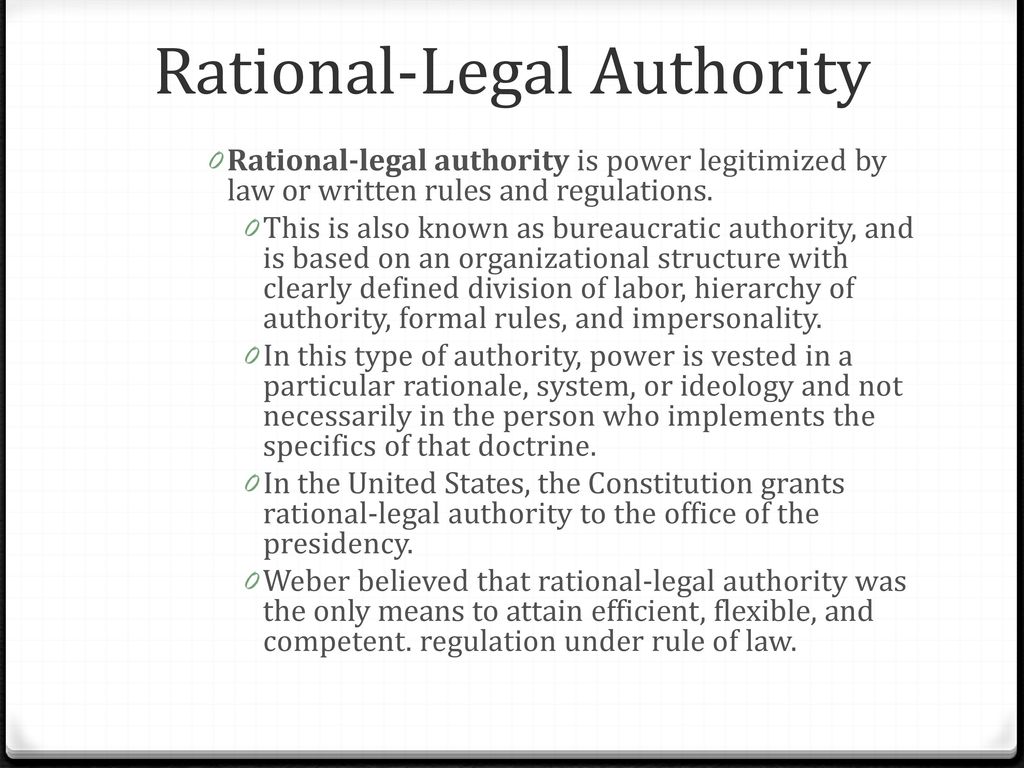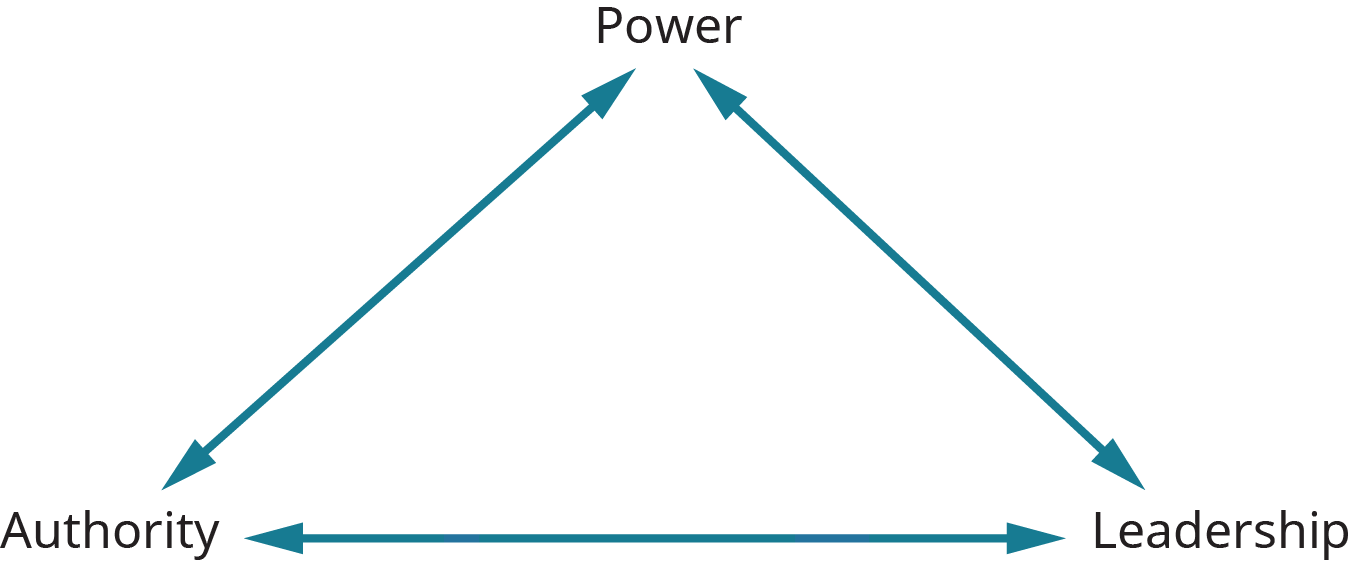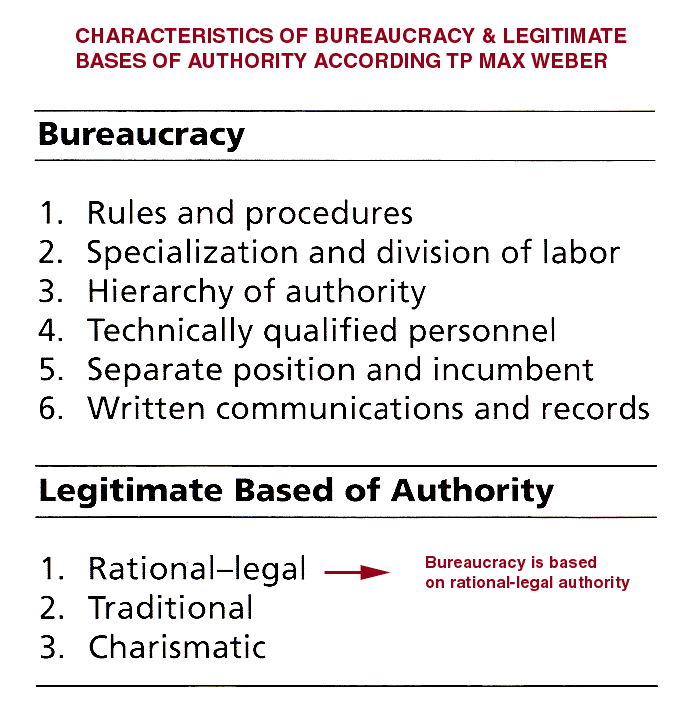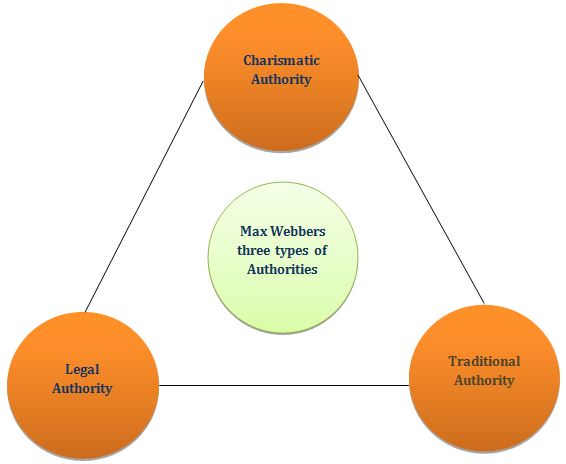There are several different types of authority that can exist in a society or organization. These types of authority can be grouped into two main categories: traditional authority and rational-legal authority.
Traditional authority refers to a type of authority that is based on long-standing customs, traditions, and beliefs. This type of authority is often associated with monarchies or other forms of hereditary leadership, where the leader’s position is passed down through the generations. Traditional authority is also often associated with religious leaders, who may have a significant amount of influence and power within their communities due to their spiritual beliefs and practices.
Rational-legal authority, on the other hand, refers to a type of authority that is based on a system of laws and rules. This type of authority is often associated with modern, democratic societies, where leaders are elected or appointed to positions of power based on their qualifications and ability to uphold the laws of the land. Rational-legal authority is often exercised by government officials, such as presidents, prime ministers, and judges, who are responsible for enforcing and interpreting the laws that govern their societies.
In addition to these two main types of authority, there are also several other types of authority that can exist in a society or organization. For example, charismatic authority refers to a type of authority that is based on the personal charm or charisma of an individual. This type of authority is often associated with leaders who are able to inspire and motivate others through their personal attributes and charisma.
Expert authority refers to a type of authority that is based on an individual’s knowledge, skills, or expertise in a particular area. This type of authority is often exercised by professionals, such as doctors, lawyers, or engineers, who are highly skilled and knowledgeable in their fields.
Finally, legitimate authority refers to a type of authority that is based on a belief in the legitimacy of a person’s position or role. This type of authority is often associated with elected officials or other leaders who are seen as having the right to exercise authority based on the consent of the people they represent.
In conclusion, there are several different types of authority that can exist in a society or organization. These types of authority can be grouped into two main categories: traditional authority and rational-legal authority. Other types of authority include charismatic, expert, and legitimate authority. Understanding these different types of authority can help us to better understand the power dynamics at play in our societies and organizations.








